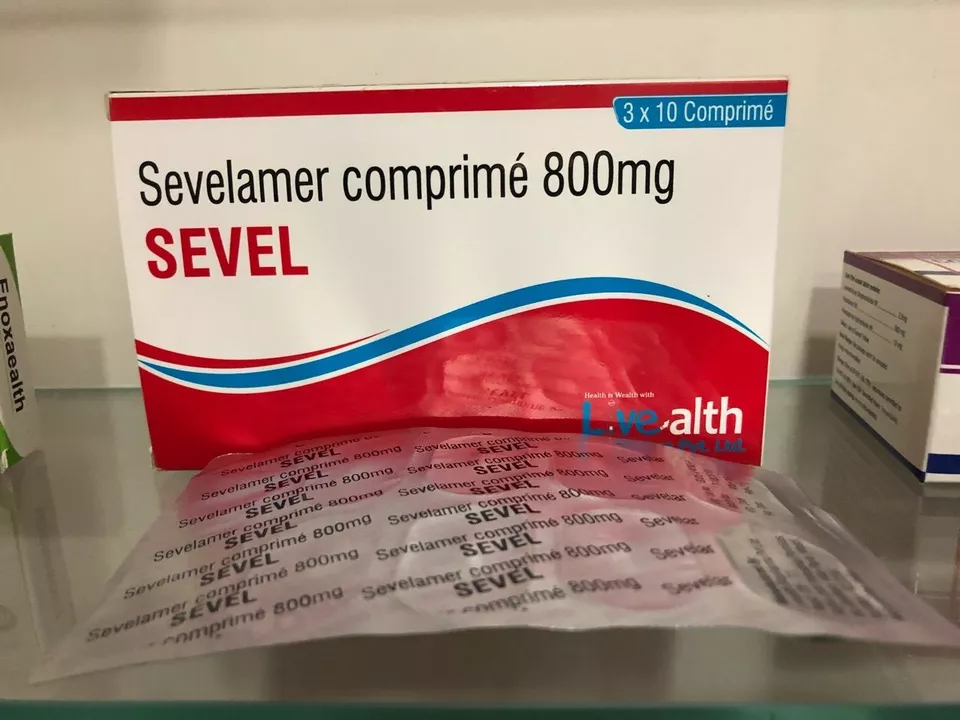Kidney disease: quick answers, tests, and what to do next
About 1 in 7 adults in the U.S. has chronic kidney disease. Scary stat, right? The good news: with simple tests and a few behavior changes you can slow progression and protect your kidneys. This page tells you the most useful signals to watch for, the tests your doctor will order, everyday steps that help, and which medications or habits to double-check.
Spot the signs and get the right tests
Kidney disease often creeps up without pain. Watch for swelling in ankles or hands, more tiredness than usual, less appetite, or foamy urine. If you notice any of those, ask your doctor for two basic lab checks: serum creatinine (used to calculate eGFR) and urine albumin (sometimes called ACR). eGFR shows how well your kidneys filter waste — numbers help stage the condition: eGFR ≥90 is normal with damage, 60–89 is mild, 30–59 is moderate, 15–29 is severe, and <15 suggests kidney failure.
Repeat tests matter. One abnormal value doesn’t always mean chronic disease — doctors usually want at least two results over three months to confirm chronic kidney disease (CKD).
Practical steps that actually help
Control blood pressure and blood sugar. High blood pressure and diabetes are the top causes of CKD. Aim for the target your clinician gives you—many people with kidney risk aim for a blood pressure under 130/80. For diabetes, steady glucose control protects kidneys over time.
Watch what you eat and drink. Lowering salt helps with fluid buildup and blood pressure. Don’t overdo protein — your doctor or dietitian can recommend the right amount for your stage. Stay hydrated but follow medical advice if you already have advanced CKD.
Avoid NSAIDs like ibuprofen and naproxen unless your doctor says they’re safe. These painkillers can worsen kidney function. Also mention kidney issues anytime a clinician prescribes a new drug — many meds need dose changes or alternatives if your kidneys don’t work well.
Stay current on vaccines (flu, pneumococcal) and treat infections quickly. Even common infections can stress kidneys. If labs show worsening kidney function, your care team will discuss medicines that protect kidneys, timing for specialist referral, or options like dialysis or transplant when needed.
Want more on related meds and safe buying? Check our guides: “How to Buy Aldactone Online Safely” (fluid control), “Berberine Benefits vs Metformin” (diabetes care), and “9 Alternatives to Lisinopril” (blood pressure options). These pages explain drugs, safety checks, and what to ask your provider.
If you have symptoms or risk factors (diabetes, high blood pressure, family history, older age), book testing and bring your questions. Small actions now can keep your kidneys working longer.

Frequently asked questions about Sevelamer Hydrochloride
- by Colin Edward Egan
- on 12 May 2023
As a blogger, I've come across many questions about Sevelamer Hydrochloride, so I wanted to share a quick summary with you all. Sevelamer Hydrochloride is a phosphate binder, commonly prescribed to patients with chronic kidney disease to help control their blood phosphorus levels. It works by binding to phosphate in the food we eat, preventing its absorption into the bloodstream. This medication is usually taken with meals and comes in tablet or powder form. Remember to always consult your healthcare professional before starting any new medication, as they can provide you with the most accurate information regarding dosage and potential side effects.
